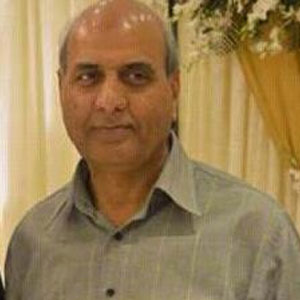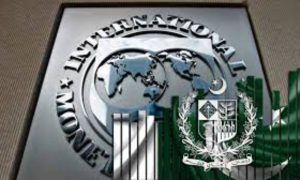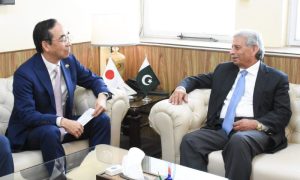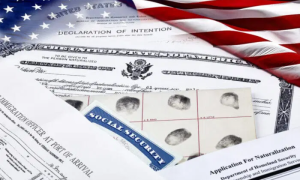In the complex landscape of international relations, where perceptions often shape policies and decisions, Pakistan has achieved a significant diplomatic success that deserves celebration and acknowledgment. Norway has removed Pakistan from its list of National Threat Assessment, marking a pivotal moment in the country’s diplomatic endeavours amidst multifaceted challenges.
The decision by Norway underscores a notable shift in perceptions regarding Pakistan’s role in global security dynamics. The report issued by the Norwegian Police Security Service (PST), an independent intelligence and security agency, carries substantial weight in shaping policy formulations and political decision-making processes within Norway. Previous assessments had painted Pakistan as a country involved in activities deemed threatening to Norwegian security, particularly in terms of illegal procurement of sensitive technology and the potential proliferation of weapons of mass destruction.
For the Pakistani nation, this development signifies a triumph in dispelling unfounded fears and misperceptions that may have hindered bilateral relations. It is a testament to the diligent efforts of our foreign office and diplomats who, through engaging deeply with their Norwegian counterparts, succeeded in allaying apprehensions and fostering a more constructive dialogue. Last year’s assessment had raised concerns about Pakistan’s potential use of unlawful means to acquire advanced technology, citing avenues such as infiltrating Norwegian educational and research institutions or circumventing export control regulations. Regrettably, the portrayal of Pakistan as a proliferator by certain quarters, particularly the Indian media, only served to perpetuate negative stereotypes.
However, the removal of Pakistan from Norway’s threat assessment list serves as a resounding rebuttal to such narratives, reaffirming Pakistan’s responsible conduct on the global stage.
This diplomatic victory holds immense significance for Pakistan on various fronts. Firstly, it will open doors for enhanced collaboration in knowledge sharing, technology transfer, and research initiatives, particularly in sensitive domains where Pakistani students and researchers may have previously encountered barriers. We believe this heralds a new era of opportunities for Pakistani students aspiring to pursue higher education in Norway. Previously, the perceived security concerns might have acted as barriers for Pakistani students seeking admission to Norwegian universities, especially in sensitive technological domains. However, now Pakistani students will have access to a wide range of academic opportunities in Norway, fostering cross-cultural exchange and enriching educational experiences.
Secondly, the development underscores Pakistan’s status as a responsible member of the international community, capable of addressing concerns through dialogue and cooperation rather than confrontation. By demonstrating its willingness to engage constructively with Norwegian authorities, Pakistan has not only safeguarded its own interests but also paved the way for closer collaboration that can benefit both nations.
Norway, well known for its advancements in technology and innovation, stands as a beacon of progress on the global stage. With a strong emphasis on research and development, the Scandinavian country boasts a thriving ecosystem of technological innovation across various sectors, including renewable energy, marine sciences, and biotechnology. The removal of Pakistan from its threat assessment list hopefully will pave the way for closer collaboration between the two nations in harnessing each other’s strengths and expertise. By leveraging Norway’s technological prowess and Pakistan’s burgeoning talent pool, both countries can embark on mutually beneficial partnerships in areas such as sustainable development, clean energy initiatives, and cutting-edge research endeavours.
Finally, Pakistan unfortunately has often found itself subjected to biased and arbitrary evaluations, despite its demonstrated commitment to international norms and cooperation. Meanwhile, other nations such as India with well-documented records of illicit trade including that of uranium, state-sponsored terrorism, and human rights violations seem to evade similar scrutiny. It is imperative that these assessments are conducted in a manner that is equitable and objective, devoid of any political or economic motivations.























